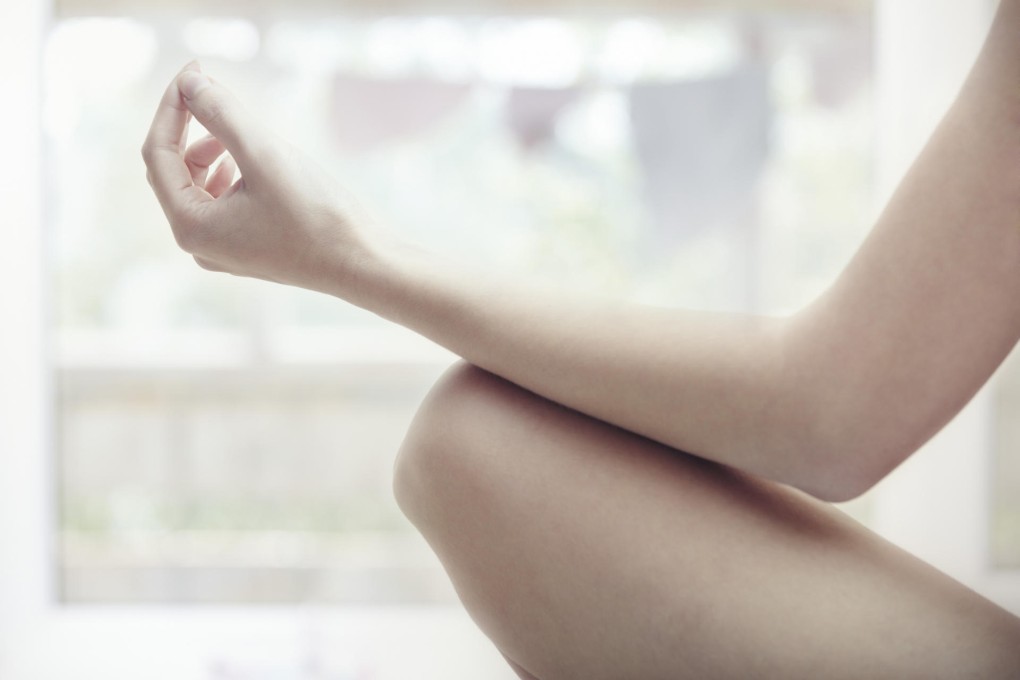Ten tips to lower blood pressure
Many people suffer from high blood pressure. Tackle the problem with these useful tips, writes David Wilson

You know the routine: you walk into the examining room, perch on the table, and roll up your sleeve. Your healthcare practitioner inflates the cuff until it feels oppressively snug.
"The silence in the room is broken only by the hiss of the cuff deflating," say health magazine editors, Sarí Harrar and Suzanne Steinbaum in their new book on tackling hypertension, which talks of a "blood pressure crisis".
High blood pressure raises your risk of heart attack and stroke, so don't let it become normal. Here are 10 tips to help you tackle high blood pressure naturally.
The first area to address is diet. A selective-carb diet is recommended for most people - especially if the fat is on your belly or you crave sugary food or beer, or you have diabetes or are over 55, says stress reduction teacher Leonie Stekelenburg.
"Most people have success with a selective-carb diet," Stekelenburg says.
The diet, documented on the Integrated Medicine Institute website, means embracing vegetable oils such as olive oil while also including healthy oils such as flaxseed. Also, do not skimp on high-fat foods, such as cheese and eggs, because, ironically, you need "good fat" to lose fat.